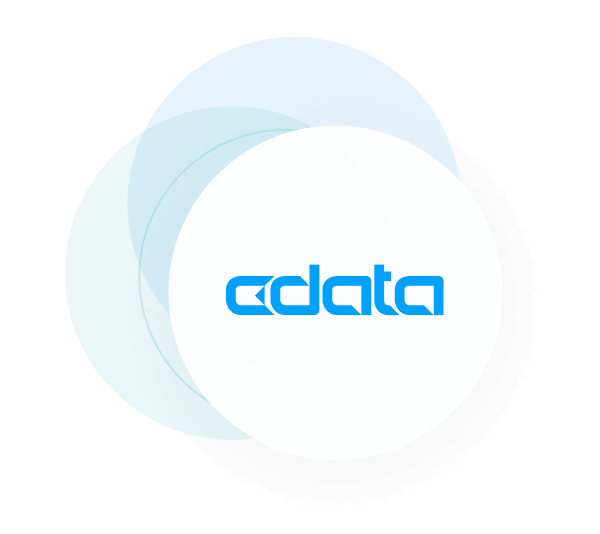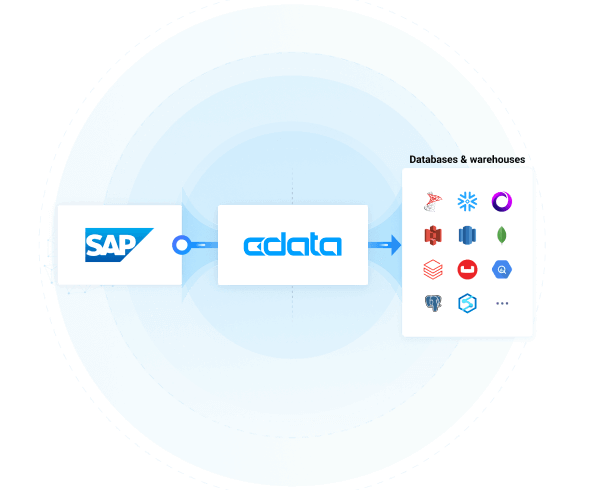Data Marketplace: What It Is, Key Benefits & the Top 6 Exchanges to Know About in 2024

In the era of big data, organizations often find themselves constrained by the limitations of internal data. These limitations can hamper comprehensive analysis, strategic planning, and innovation. To stay competitive, companies increasingly need access to diverse, high-quality external data sources. This is where data marketplaces come into play. Acting as facilitators of data exchange, they provide a platform for buying, selling, and accessing vast amounts of data from various sources.
This article will explore the concept of data marketplaces, their benefits, and introduce some of the top data exchange platforms to consider in 2024.
What is a data marketplace?
A data marketplace is a digital platform where data can be bought, sold, and accessed, much like an online marketplace for physical goods. These marketplaces serve as intermediaries that connect data providers—entities that have data to sell—with data consumers—businesses, researchers, or individuals seeking specific datasets. The marketplace operators manage the platform to ensure secure transactions, data quality, and compliance with relevant regulations.
Key functionalities of data marketplaces include:
- Facilitating the discovery and acquisition of datasets
- Providing tools for data analysis and integration
- Ensuring data privacy and security
- Enabling data providers to monetize their data assets
5 Key benefits of a data marketplace platform
Data marketplaces offer numerous advantages that can significantly enhance business operations and strategic decision-making. Here are some key benefits:
- Enhanced decision-making: Access to diverse datasets allows businesses to make better-informed decisions. With a broader spectrum of data, organizations can gain insights that were previously unavailable, leading to more accurate predictions, effective strategies, and improved outcomes. For instance, combining internal sales data with external market trends can help in forecasting demand more precisely.
- Operational efficiency & cost savings: Data marketplaces streamline the process of data acquisition, reducing the time and effort required to find and obtain high-quality data. This efficiency translates into cost savings, as businesses can avoid the expensive and time-consuming process of building and maintaining large-scale data collection infrastructures. Furthermore, marketplaces often offer data as a service, allowing companies to pay only for the data they need.
- Innovation & product development: Data marketplaces can fuel innovation by providing access to unique datasets that support research and development. Companies can explore new markets, test hypotheses, and develop new products based on insights derived from external data. For example, a tech company might use weather data from a marketplace to enhance the functionality of its IoT devices.
- Data monetization opportunities: For data providers, data marketplaces offer a platform to generate revenue from underutilized data assets. Businesses that collect significant amounts of data as a byproduct of their operations can monetize this data by making it available on a marketplace. This additional revenue stream can help offset the costs of data collection and storage
- Facilitate trust in data: Data marketplaces facilitate trust in the data offered by implementing stringent data quality standards, robust verification processes, and comprehensive security measures. These platforms typically employ automated validation tools and manual audits to ensure the accuracy, reliability, and completeness of the datasets. Additionally, data providers are often vetted and their credentials verified, fostering a transparent and credible environment. Marketplaces may also include user reviews and ratings, allowing buyers to assess the reputation and performance of data providers.
Top 6 data marketplace & data exchange platforms to explore in 2024
As the demand for external data grows, several data marketplaces have emerged, each offering unique features and datasets. Here are some of the top data marketplaces to consider in 2024:
- AWS Data Exchange: AWS Data Exchange allows customers to find, subscribe to, and use third-party data in the cloud. It offers a broad range of datasets from various industries, including financial services, healthcare, and public data. The platform integrates seamlessly with other AWS services, making it a convenient choice for businesses already using the AWS ecosystem.
- Datarade Marketplace: Datarade Marketplace is a comprehensive data marketplace that connects data buyers and sellers. It offers datasets across multiple categories, including geospatial data, demographic data, and market research. Datarade provides detailed profiles of data providers and transparent pricing, helping buyers make informed purchasing decisions.
- Google Cloud Analytics Hub: Google Cloud Analytics Hub is a part of the Google Cloud Platform, offering access to a variety of datasets through a centralized platform. It enables users to analyze data using Google’s powerful analytics tools, such as BigQuery and Data Studio. This integration allows for seamless data processing and visualization, making it an attractive option for businesses focused on analytics.
- Oracle Data Marketplace: Oracle Data Marketplace provides access to a wide array of third-party data that can be used to enhance business intelligence and marketing efforts. It is particularly strong in offering data for consumer behavior and marketing analytics, helping businesses to better understand and target their customers.
- Snowflake Marketplace: Snowflake Marketplace offers a platform for discovering and sharing live, ready-to-query data sets. Built on the Snowflake platform, it provides data from a wide range of providers, including financial, environmental, and healthcare data. The marketplace’s unique selling point is its ability to offer live data that can be queried directly within the Snowflake environment, enabling real-time analytics and insights.
- Databricks Marketplace: Databricks Marketplace is a data marketplace built on the robust Databricks Lakehouse architecture. It offers a unified environment where data providers and consumers can connect, ensuring secure and efficient transactions. With its focus on enhancing data accessibility and collaboration, Databricks Marketplace empowers businesses to leverage diverse data sources for advanced analytics, machine learning, and data-driven decision-making.
CData Sync: Replicate your data from any source to any destination
In addition to leveraging data marketplaces, businesses often need to move and replicate data across various systems. CData Sync is a powerful data pipeline tool designed to facilitate this process. It supports unlimited data movement from any source to any destination, whether it's a database, data warehouse, or another centralized location. With its no-code data integration capabilities, CData Sync makes it easy to replicate data efficiently and securely, enabling seamless data flows into and out of data marketplaces.
Explore CData Sync
Get a free product tour and start a free 30-day trial to get your big data integration pipelines built in just minutes.





